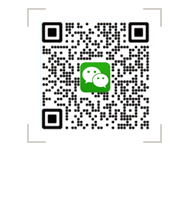The process of urbanization is constantly accelerating, but it also poses great challenges to urban management, people's livelihood services, etc. Nowadays, the problems of difficult education, medical treatment, and transportation have become more prominent. The fast-paced life and crowded population density have made urban management very difficult, especially medical services, which are one of the most concerned issues in people's daily lives. With the advancement of modern technology and medical technology, all healthcare professionals use information and communication technology to exchange effective information for diagnosis, treatment, and prevention of diseases and injuries, research and evaluation, as well as continuing education for healthcare providers, all of which are conducive to promoting the health of individuals and their communities.
Dehang Intelligent Industrial Tablet proposes a solution for remote healthcare, distributing health-related services and information through electronic information and telecommunications technology. At the same time, patients/clinical doctors can contact through handheld tablets to provide nursing, advice, reminders, education, intervention, monitoring, and remote admission related medical services. In some non urban areas where transportation is inconvenient, funding is reduced or personnel allocation is limited, remote healthcare can narrow the gap in medical treatment. Remote healthcare facilitates patients living in rural and urban areas to access healthcare when needed. For densely populated urban areas, may I ask about patient appointment queues to reduce unnecessary office and emergency room visits and hospitalizations. Among these facilities, Dehang Intelligent's tablet handheld tablet computers can provide 24-hour medical assistance, and remote medical care can help solve common minor diseases. Remote healthcare has been successfully used to improve patient access to medical services while reducing healthcare costs.

